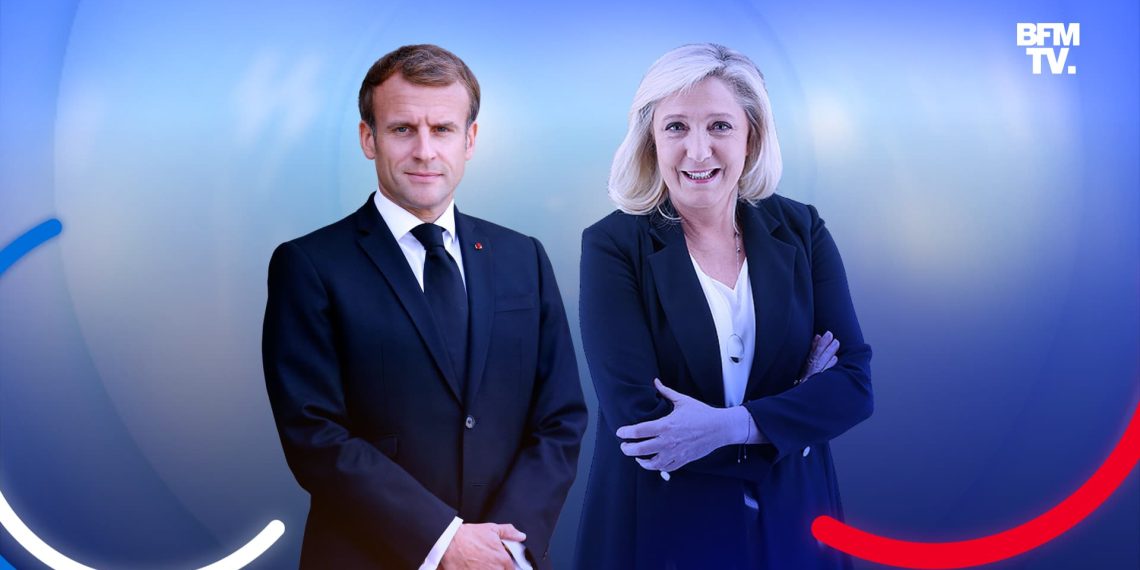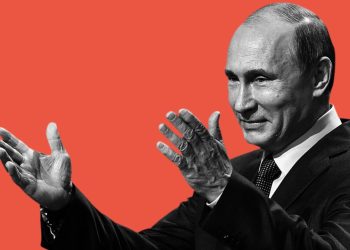PARIS (Realist English). The past first round of the presidential elections in France showed that French society is still divided. Firstly, one can state a fairly low voter turnout. About a quarter of the French decided not to go to the polls: voters either did not find their candidate, or simply became disillusioned with politics and politicians. The turnout in the first round of elections is even less than in the first round of the previous 2017 elections (by about 4%). There is a certain polarization in society between the left and the right, the common people and the elites.
Another important trend that has continued since the previous 2017 elections is that the French are completely disillusioned with the classical left and right parties. But if five years ago 20% of voters voted for the systemic right-wing candidate Francois Fillon (and this despite the corruption scandal that thundered, which exactly fell on the election campaign of the then leader of the Republicans party), then in 2022 about 5% of the French voted for Valérie Pécresse, representing the same political bloc.
Slightly more than 6% of French people voted for the representative of the Socialist Party Benoît Hamon in 2017 in the first round, and in 2022 for Anne Hidalgo, representing the same party, less than 2%. Thus, over the past five years, the classical parties of the Fifth Republic have not only failed to maintain their previous, rather weak positions, but, on the contrary, have fallen back even more.
It is already clear that there will be a second round — this is generally a distinctive feature of the current Fifth Republic in France. Not once since 1958, when this political regime was founded, either of the candidates could win a decisive victory and win elections in one round; a second round was always required.
In the second round, as five years ago, Emmanuel Macron and Marine Le Pen are likely to meet again. It is very likely that Macron’s supporters will try again to play out a scenario, which was successful for them five years ago — to intimidate the French with a “scarecrow” Le Pen, to instill in them an animal fear of a “fascist” and just a lady not worthy of a handshake, to go under the slogan “anyone but Le Pen”.
However, there is a significant difference as compared to 2017. While at that time no one knew who Macron was and many Frenchmen looked at him with the hope that, they say, a young politician would come and clear all this “political swamp”, five years later many became disillusioned with Macron’s personality, his management methods and his political decisions. France will not forget either the “yellow vests” movement, the deterioration of the current economic situation, or a number of scandals and fiascos of French politics, be it the McKinsey corruption scandal or the Alstom case, or the failure to sell submarines to Australia, or Macron’s eloquent statements that “there is no French culture.” This “record of Macron’s feats” can be continued.
At the same time, much will depend on how the votes of candidates who have dropped out of the race will be distributed, and whether it will be possible to attract absenteeists to their side — those who deliberately ignore the elections and do not come to the polling stations. It is already known that in the second round Éric Zemmour and Nicolas Dupont–Aignan declared their support for Le Pen, and Valerie Pecresse, Anne Hidalgo and environmentalist leader Yannick Jadot openly sided with Macron. Jean–Luc Mélenchon, the leader of the leftist party “France Unbowed”, who was supported by about 20% of the French, took the position of neutrality in the second round. In light of these political castlings, Marine Le Pen may simply not have enough votes to beat Macron.
There is another “challenge”. France has never been led by a woman in modern history. Except for the short period of the Socialist Édith Cresson‘s tenure as Prime Minister in the early 1990s. Therefore, how much the French are willing to entrust power to a woman is a big question.
But a certain intrigue still persists. For Marine Le Pen, not everything is lost, but it is also not.
Igor Ignatchenko — Ph.D., historian, associate professor of the Institute of Social Sciences of the RANEPA (Russian Presidential Academy of National Economy and Public Administration), special to Realist English.


















